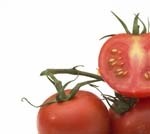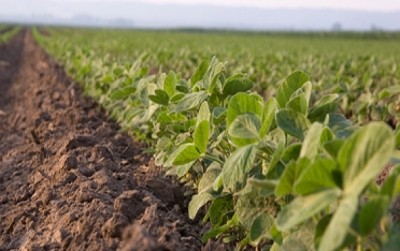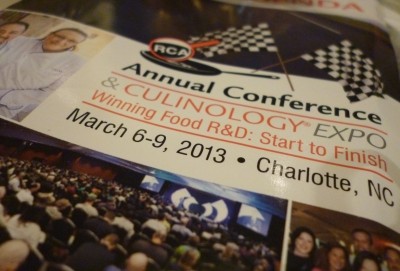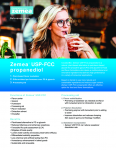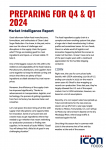Dispatches from the RCA annual conference & culinology expo
Dr Mehmood Khan: ‘When I first joined PepsiCo, a lot of people asked me what the hell are you doing?’
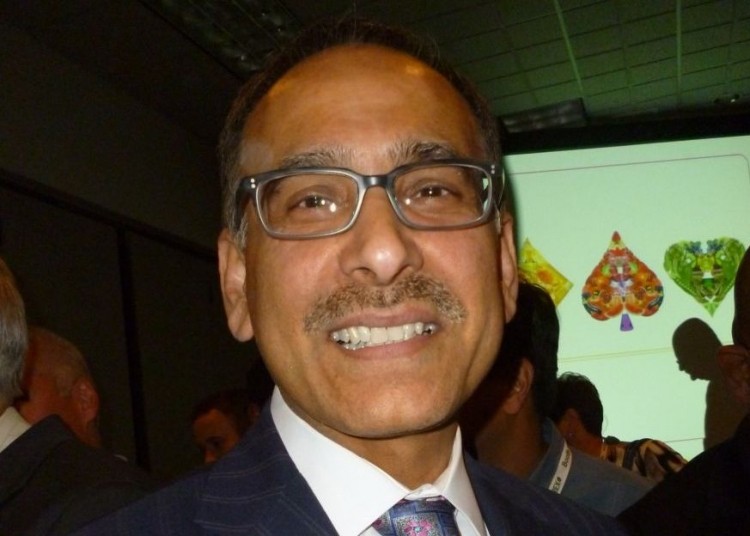
The fact we don’t fully know the answers to these questions yet shows how much we still have to learn about the science of taste, PepsiCo chief scientific officer and endocrinologist Dr Mehmood Khan told delegates at the Research Chefs Association (RCA) annual conference & culinology expo.
In a provocative speech delivered without notes spanning everything from flavor perception to the merits of genetically modified crops, Dr Khan said that just tasting glucose in the mouth - without ingesting any biologically meaningful quantity - also made athletes perform better.
What a flurry of recent studies in this field show is that when we smell and taste food, receptors in our nose and mouth send signals to our brain and to our muscles that serve a regulatory as well as a sensory purpose, he said.
“This research is revolutionizing the way we think about taste and smell. It’s not just a sensory function, but a regulatory function.
“We measure food for its nutrient quality, but we don’t know what effect the molecules are having on our regulatory system.”
Meanwhile, the fact that we have taste receptors in our gut and in the pancreas is a clue that there is more to taste than we think, he said.
We want to fuse world class molecular biology, chemistry and sensory science
But what does all this mean for PepsiCo?
It’s early days, but these discoveries show that a cutting edge food R&D department needs input from multiple scientific disciplines, he said.
“We want to fuse world class molecular biology, chemistry and sensory science, and transform our R&D department from a new product development engine to a real receptor-based discovery engine.”
We’re going to have to find new, more water efficient crops
The rest of his speech was devoted to a frank assessment of the challenges facing the food industry in 2050, when 70% of the world’s 9bn+ people will be living in urban environments, many of them in mega-cities such as Sao Paolo, Shanghai, and Delhi, predicted Dr Khan.
And given that agricultural land and water supplies are not infinite, we will be in deep trouble unless we dramatically change our food systems, he said. “For a start, we’re going to have to find new, more water efficient crops.”
Meanwhile, as more people live in cities, the distance between consumers and producers of food will increase even more, raising troubling questions about how we are going to supply them with fresh food when the cost of refrigerated transport becomes prohibitive as fuel and energy costs rise, he said.
If they don’t have enough food, they ain’t selling it to us…
And the issue of food shortages is not just something people in the developing world will have to worry about, he said, reminding delegates that developed countries such as the US import a large amount of fruits, vegetables and other ingredients.
“If they [people in the developing world] don’t have enough food, they ain’t selling it to us.”
As for worrying about rising prosperity in China and India bringing with it a desire to eat more meat and dairy, we should get our own house in order first, he suggested.
“The attitude seems to be ‘well the Chinese better not do this’. Well how about we stop doing this?”
We won’t be using food crops to make biofuels in the future
As for using food crops for bioethanol or bioplastics in future, forget it, he said, while the notion that we can all feed ourselves by growing organic produce in window boxes in our city apartments is fanciful, he said.
Asked by an audience member about GMOs, he said: “This is a very polarizing question politically”. But he added: “Do we even have a choice?
“Unless you can solve this with [a better alternative to genetic engineering] let’s not get high and mighty about this.”
Poor people, he observed, cannot afford to have "philosophical discussions" about the merits of organic versus GM agriculture, while technologies that enable yields to increase without using more pesticides, or crops to grow with less water, will be essential in the future.
I said to him, when you chaired the American Diabetes Association, how many people did you prevent from getting diabetes?
But what about obesity? And what’s a medical doctor and endocrinologist doing heading up the R&D function at a soda and chips giant such as PepsiCo?
Dr Khan did not go into details about PepsiCo's health strategy, but suggested that working for a firm with the clout of PepsiCo put him in a position to do something more productive than “sitting on the sidelines” and sniping at the industry.
“When I first joined PepsiCo [in 2008], a lot of people were asking me, Mehmood, what the hell are you doing?”
Meanwhile his mentor at the Mayo Clinic “questioned my sanity", he observed.
“But I said to him, when you chaired the American Diabetes Association, how many people did you prevent from getting diabetes?!”
Dr. Khan, a former president of Takeda Pharmaceuticals' Global R&D Center, previously headed up the Mayo Clinic's Diabetes, Endocrinology and Nutrition Clinical Trial Unit and served as division chief of Endocrinology, Metabolism and Nutrition at one of the main teaching hospitals of the University of Minnesota Medical School.
He earned his medical degree from the University of Liverpool in the UK, and completed a fellowship in clinical endocrinology in the Department of Medicine, University of Minnesota, Minneapolis.

